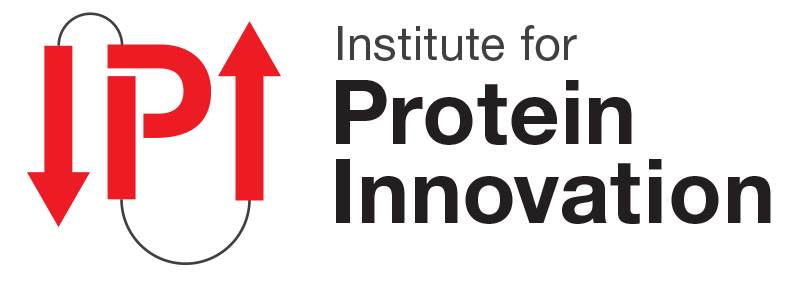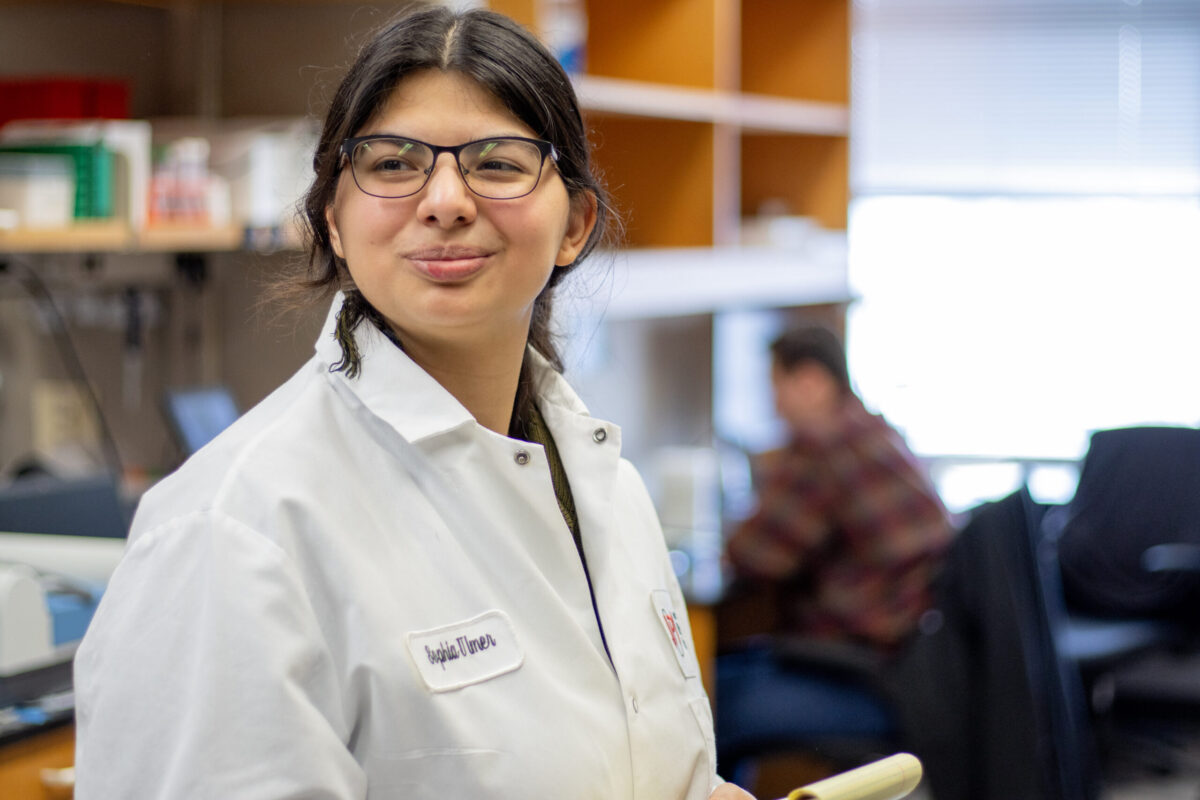Art and science can seem at odds. But fundamentally, both focus on exploration and the discovery of the unknown. In the Institute for Protein Innovation (IPI) laboratory, Sophia Ulmer mixes the inventive with the technological to discover novel antibodies that probe unknown biology.
“I’m a pretty creative person,” says Ulmer, a research associate on the Antibody Discovery team at IPI. “At any given time, I at least have one major creative outlet that I’m pursuing.”
Early on, in Colorado, those pursuits took the form of guitar and violin. She explored fantasy worlds through creative writing. But she also felt a magnetic draw to scientific research and its potential to improve health and medical treatment.

In 2017, she started at the University of Colorado-Boulder, entering their engineering college with a BOLD scholarship — geared toward minorities in science, technology, engineering and math — and later becoming an engineering fellow offering support to her peers in the chemical engineering department. In her sophomore year, a newfound fascination with bacteriophage led her to a course assistant position in the biology department, where she could share the allure of science with others.
“I enjoyed doing that hands-on work and getting to feel like I had some ownership over something scientific,” she says.
By the following year, she’d earned a slot in associate professor Timothy Whitehead’s protein engineering lab, helping to increase the stability of the lab’s antibodies. Her project involved converting influenza single chain fragment variables (scFVs) — the smallest bindable units of an antibody — into more stable antigen-binding fragments (Fabs) — an antibody’s binding arms. The hope was that these reformatted antibodies would be more representative of a full IgG and would mark a better starting point in the quest for broadly neutralizing influenza antibodies.
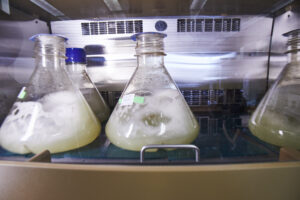
She had just figured out how to apply the Golden Gate technique — a molecular cloning method that leverages restriction enzymes and DNA ligase to seamlessly join DNA fragments into a single strand — to create a flexible design that would accommodate a variety of antibodies the lab wanted to explore.
Then, the pandemic struck.
The lab closed, and Ulmer adapted. She applied coding and sequence analysis to compare framework mutations in FDA-approved antibodies against the natural antibody repertoire, an array of sequences derived from the adaptive immune system. The project led to a publication in Frontiers in Immunology.
“It was really rewarding,” she says, “knowing that something I put a lot of work into … was good enough to be published.”
She graduated with her bachelor’s in chemical and biological engineering — and also a passion for antibodies. She brought that with her as she joined IPI’s Antibody Discovery team in June 2021. She was not only excited by the wide array of targets for which IPI was making antibodies but also that “IPI was trying to do all of this under the name of open science.”
Now at IPI, she gets to exercise her fundamental love of discovery while enhancing the Institute’s collaborative science mentality. She sorts through the myriads of potential binders generated by IPI’s yeast display library to select for those that show high affinity for a range of target antigens. Any one of those 10 billion antibodies could be a potential reagent that cracks open a new avenue of biological understanding or a therapeutic that saves a life.
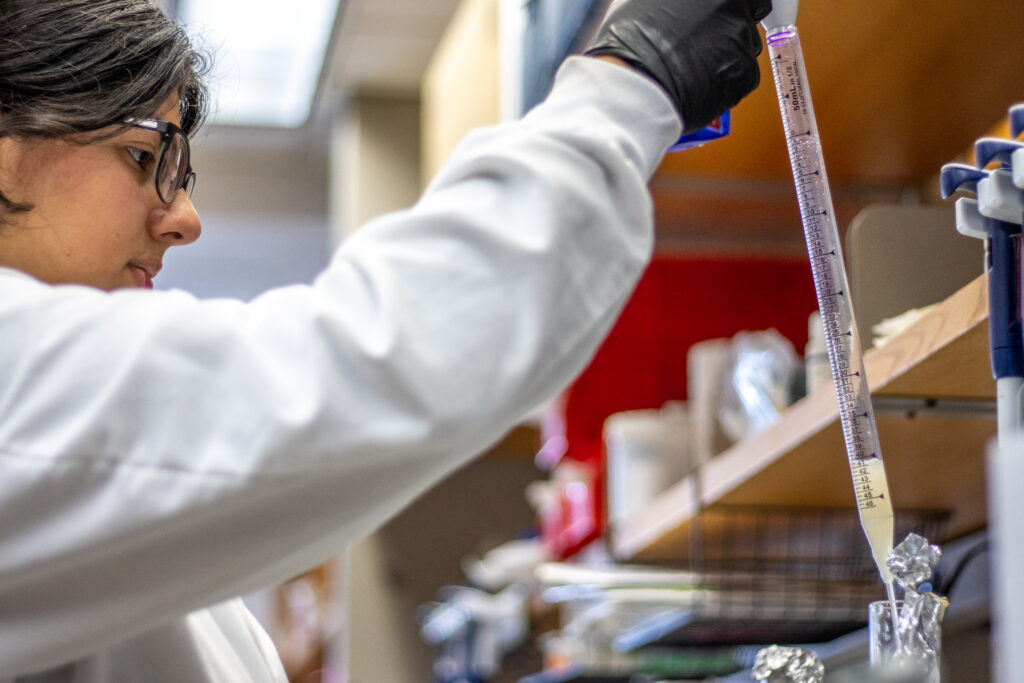
She thinks about that possibility as she sends off the top candidates for MiSeq analysis, in which the antibody’s DNA sequence is deciphered and dissected by the Bioinformatics team. From there, the Antibody Production team determines which antibodies to pursue and develop into reliable reagents for research and drug development.
“Whatever I find out of these processes has the ability to empower scientists to go on and make impactful research,” she says.
Now, two years on, Ulmer herself is ready to go on. In August, she’ll start a doctoral program in chemical engineering at the University of Wisconsin-Madison. As one of the college’s Advanced Opportunity Fellows, Ulmer will continue to mentor other minority students and foster a supportive research community for all. And, by bolstering her antibody discovery and protein engineering experience with improved computational methods, she’s hoping to unlock the ability to better parse meaning out of a vast sea of protein sequences.
“Creativity allows you to see different paths of how to pursue problems,” she says. “It does help in terms of being able to come up with ideas in the hopes that one of them is of substance and works out.”
Sources: Sophia Ulmer, sophia.ulmer@proteininnovation.org
Writer: Caitlin Faulds, caitlin.faulds@proteininnovation.org
About the Institute for Protein Innovation
The Institute for Protein Innovation is pioneering a new approach to scientific discovery and collaboration. As a nonprofit, we provide the biomedical research community with synthetic antibodies and deep protein expertise, empowering scientists to explore fundamental biological processes and pinpoint new targets for therapeutic development. Our mission is to advance protein science to accelerate research and improve human health. For more information, visit proteininnovation.org or follow us on social media, @ipiproteins.
